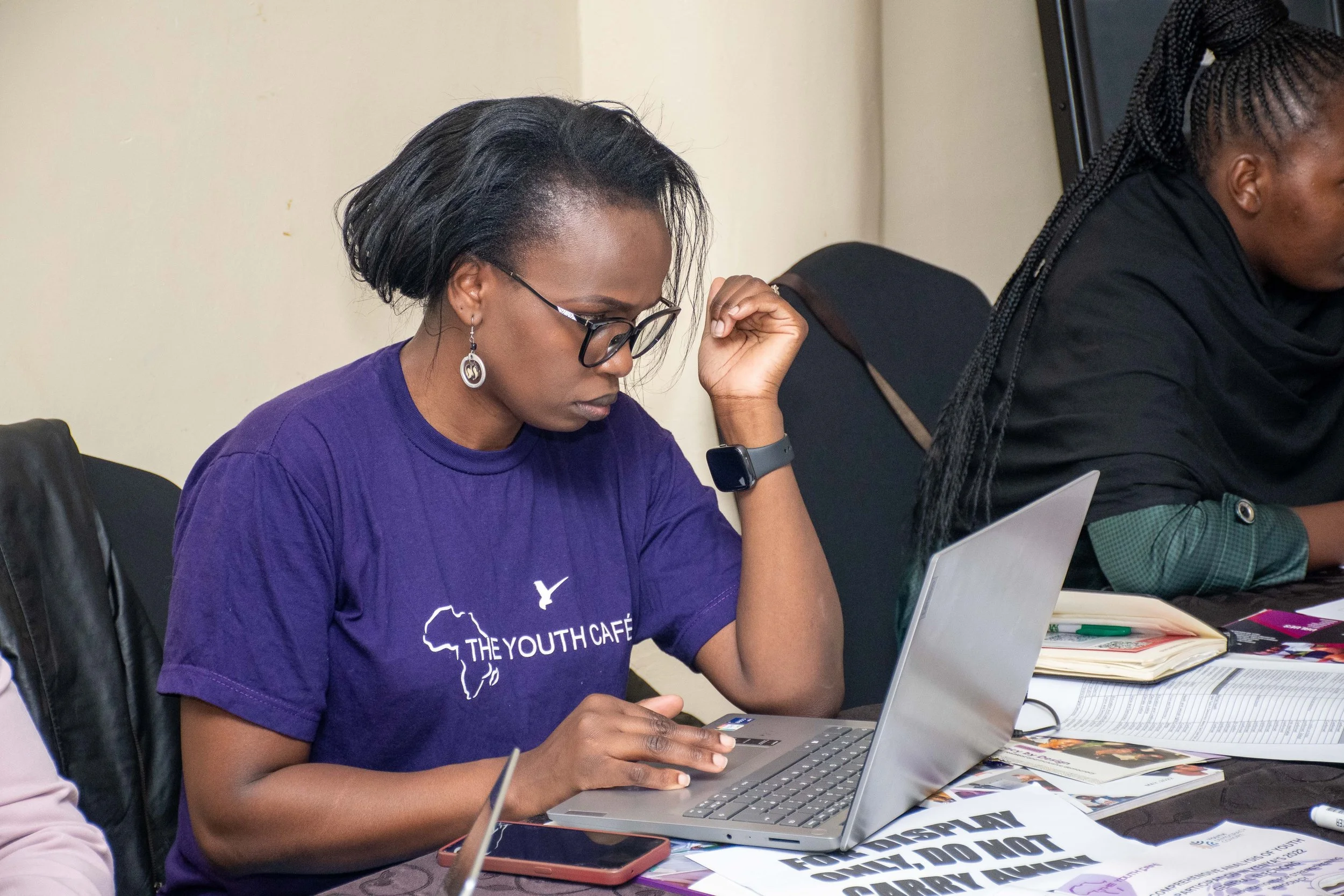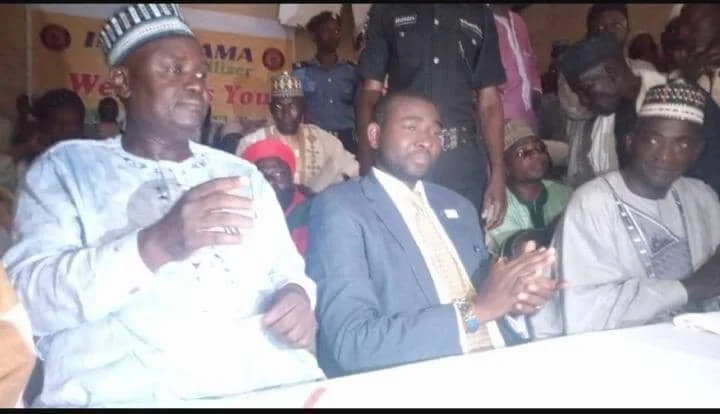Today, it is increasingly accepted that formal education is not the only essential form of education. However, there needs to be a stronger balance between the different education and learning dimensions of young people’s lives. Non-formal education, which is best suited to help young people build up their talents, resilience and prepare them to cope with social changes, is often underestimated. Without proper recognition, its benefits for young people and communities are not reaching their full potential.
The High-Level Global Conference On Youth-Inclusive Peace process | The Youth Café.
The High-Level Global Conference on Youth-Inclusive Peace Process was held virtually on 20-21 January 2022, co-hosted by Qatar, Finland, and Colombia, and co-organized with civil society and UN partners. It began with a Youth Pre-Event on 19 January 2022, leading up to the Global Conference on 20-21 January 2022. The high-level conference aimed to secure national commitments to advance the country-level operationalization of the Youth Peace Security agenda and strengthen political will and commitment to including youth in peace processes. Interactive and action-oriented discussions convened across five themes building on the Youth Peace Security agenda between Heads of State and other High-Level Government representatives, young peacebuilders, and representatives of intergovernmental organizations, CSOs, academia, and donors.
The Role of Youth In Peacebuilding And Conflict Resolution
The youth, products of their communities, are key agents of peacebuilding, especially those who have experienced conflict firsthand. These young people have key roles to play in peace processes since they have a clear vision of what peace could look like in their countries and communities and have the drive to work towards the realisation of these goals.
Nigerian Magistrate Umar Faruk Kabir Works To Administer A Criminal Justice System Without Fear Or Favor
Umar strongly believes that alternative conflict resolution in the Nigerian judicial system is a beneficial practice for decreasing future crime. He describes the Nigerian legal system as primarily punitive; therefore, he employs alternative dispute resolution in certain situations where a person needs to be reformed but not necessarily sentenced. “When you need to reform somebody, you don’t need to always have somebody to be sentenced. You need to have settlement or forgiveness, a kind of forgiveness,” says Umar. “We can offer the option for settlement between the parties. And they’re not necessarily to be punished for the offense when the complainant is looking for what he has been cheated on.”





